Your chance to ask the UGA experts
If there’s one thing COVID-19 has left us all with, it’s questions. What’s next for our education systems? Can the course of the disease be predicted? Why is it so challenging to communicate relevant science topics to society? How are vaccines developed for infectious diseases?
It’s hard to know what the impact of COVID-19 will be or how long it will change the way we live, but there’s no one better to ask than UGA experts from diverse academic disciplines. In a series of interactive online sessions called the Ask Me Anything series, UGA faculty members will discuss the effects of this global pandemic in their area of expertise.
SERIES SPEAKER LINE-UP
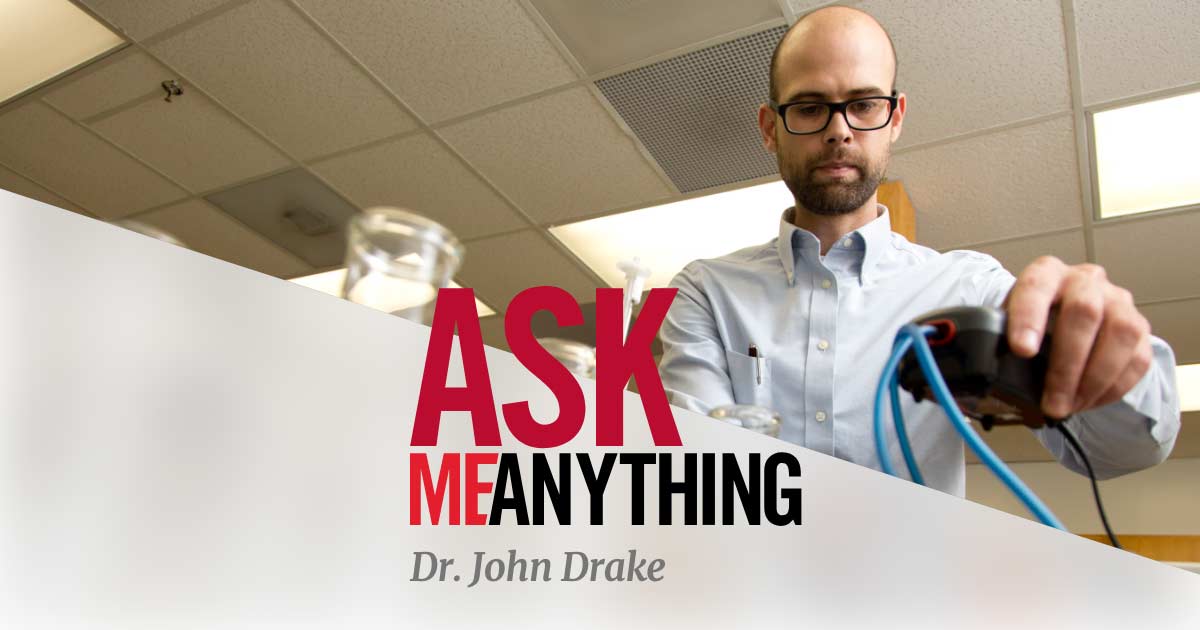
JOHN DRAKE
Distinguished Research Professor and Associate Dean for Academic Affairs Director at the Center for the Ecology of Infectious Diseases
Thursday, May 7
3:30 PM EST
Can the course of the epidemic be predicted?
Drake will provide an update about the current patterns and potential trajectory of COVID-19 in Georgia and the U.S. Results of computer models that have been developed at the University of Georgia by he and other members of the Coronavirus Working Group will be shared and further explained, with ample opportunities for questions and discussion. Drake will provide a demonstration of the COVID-19 Portal, a repository of data and maps related to the pandemic that is shared with decision-makers and researchers at institutions around the world. As new data become available, Drake and his colleagues continue to refine our understanding of how human interventions can impact the course of the COVID-19 pandemic.
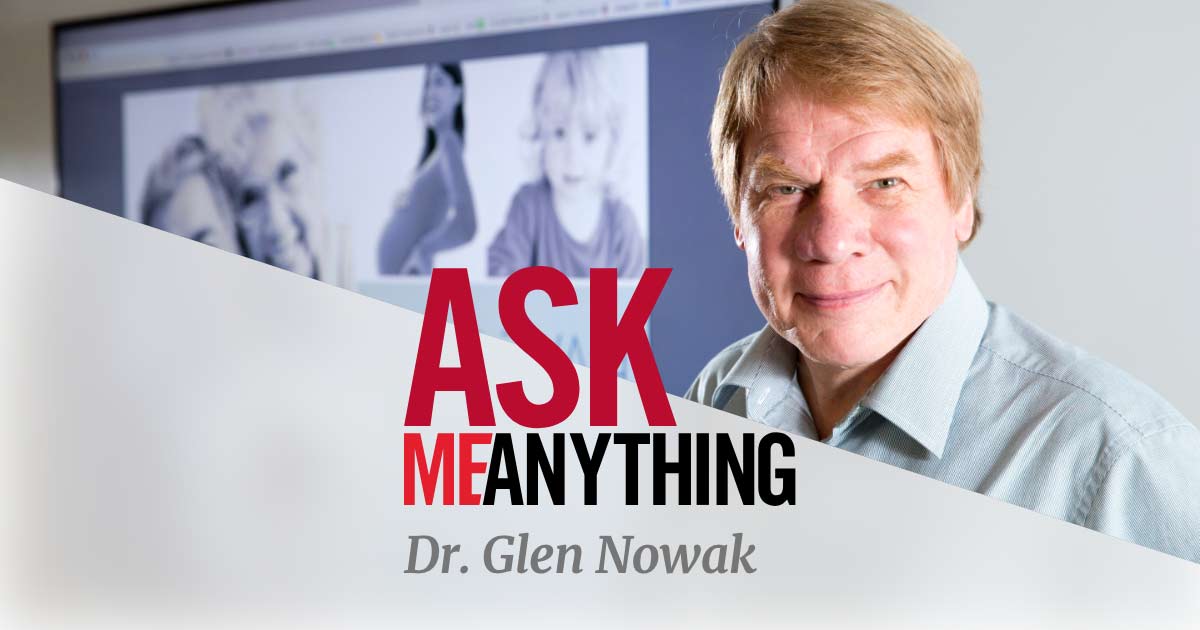
GLEN NOWAK
Director of Center for Health & Risk Communication
Tuesday, May 12
3:30 PM EST
Public Health, New Media, and COVID-19: Why is Communicating so Hard?
Information and advice about COVID-19 are being put out daily by public health agencies, elected officials, and news media. The good news, it’s possible to find information and advice quickly on many COVID-19 topics. The bad news, information and advice are often challenging and conflicting. This session will focus on what makes COVID-19 communication, advice, and messaging so difficult, including tips for understanding and using it.
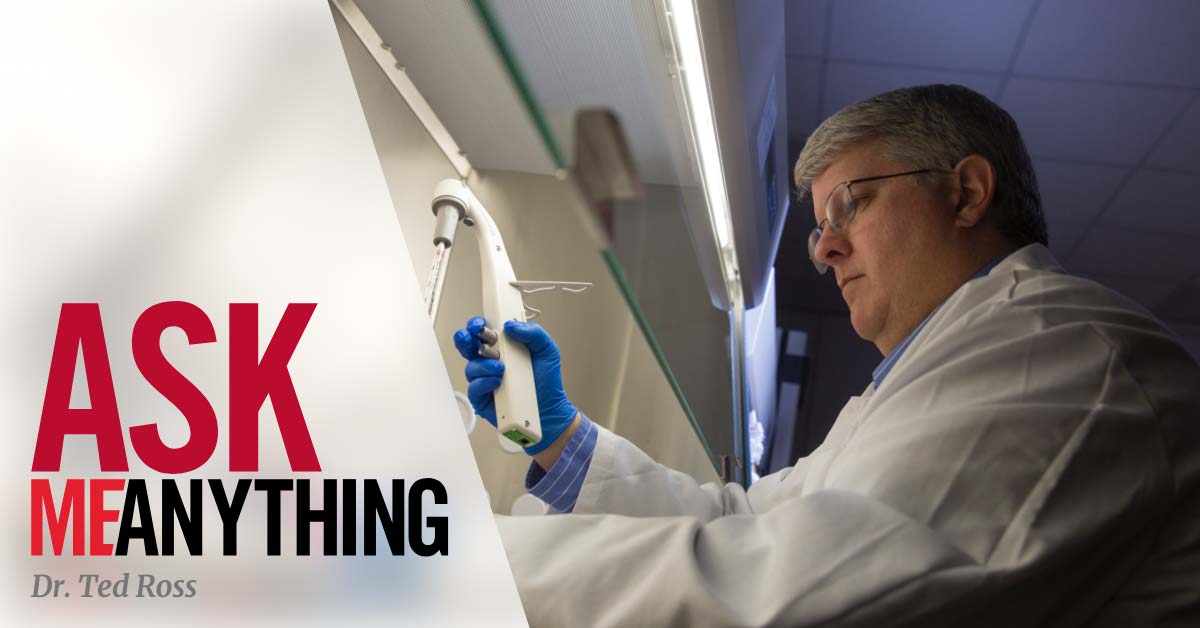
TED ROSS
Director of the Center for Vaccines and Immunology and Georgia Research Alliance Eminent Scholar and Professor of Infectious Diseases
Thursday, May 14
3:30 PM EST
Infectious Diseases and Vaccine Development
Ross leads a team of researchers at UGA who are working on vaccines to combat the coronavirus. He has spent a large part of his career studying viruses and developing vaccines and treatments.
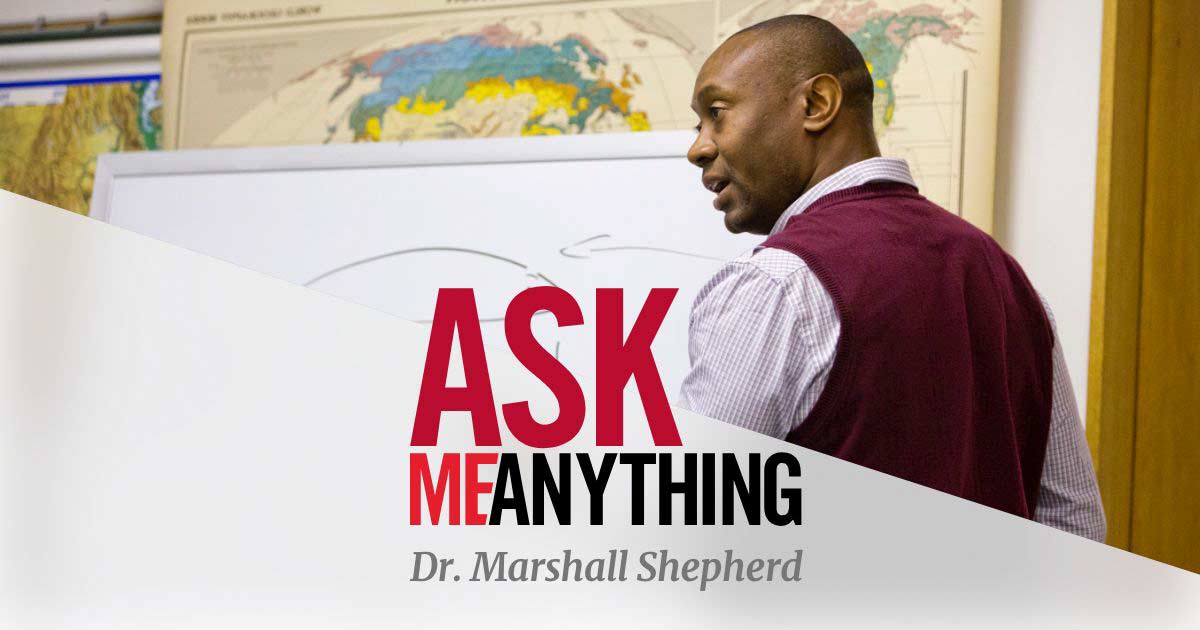
MARSHALL SHEPHERD
Georgia Athletic Association Distinguished Professor
Director, Atmospheric Sciences Program
Tuesday, May 19
3:30 PM EST
Zombies, Sports, and Soft Drinks: Implications for communicating complex science topics
Shepherd will use the lens of contemporary events to describe challenges with communicating complex science topics that affect society such as climate change or COVID-19. He will explore biases that shape public perspectives on science and present ways to move forward.
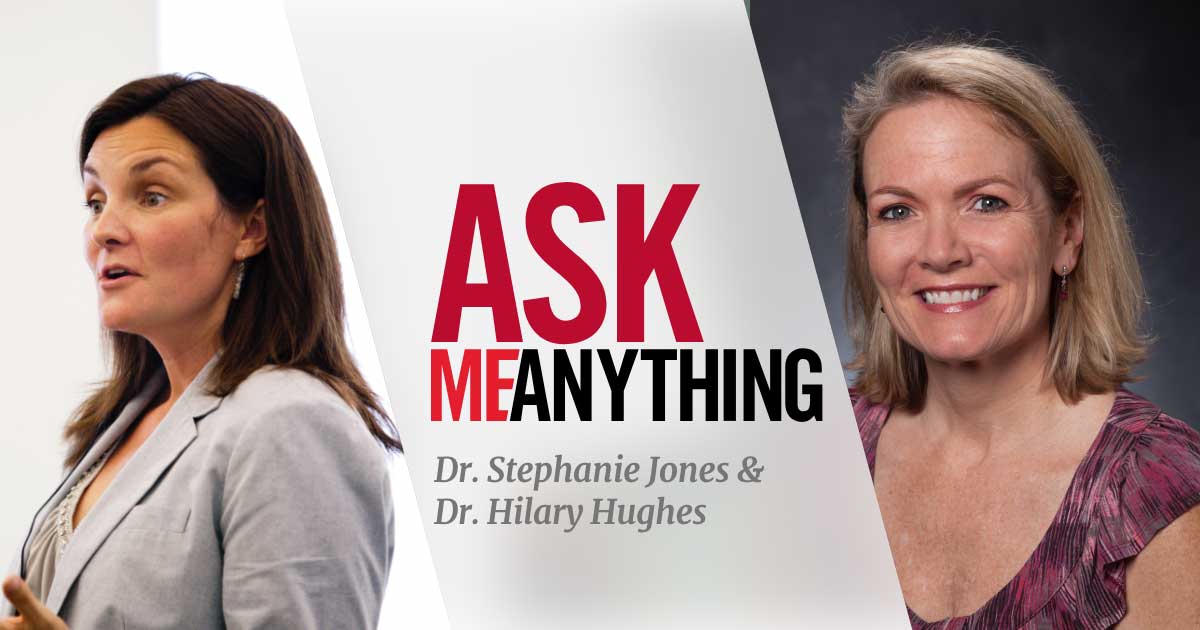
STEPHANIE JONES + HILARY HUGHES
Stephanie Jones is a Josiah Meigs Distinguished Teaching Professor. Hilary Hughes is an Associate Professor and Graduate Coordinator.
Thursday, May 21
3:30 PM EST
Teaching and Learning in a time of the COVID-19 Crisis: Imagining What’s Next
As schools have settled into the new normal of managing the crisis as best they can, and some have already started various forms of summer schooling, our attention has turned to what might be possible next. In other words, while this crisis has brought education systems to a screeching halt, it has also become more clear to a lot of people that there are many forms of positive and powerful “education” that have been excluded from schools because of their narrow focus on test preparation and high-stakes testing. This is a moment when we can reimagine what kind of schooling we collectively want for our children and youth.
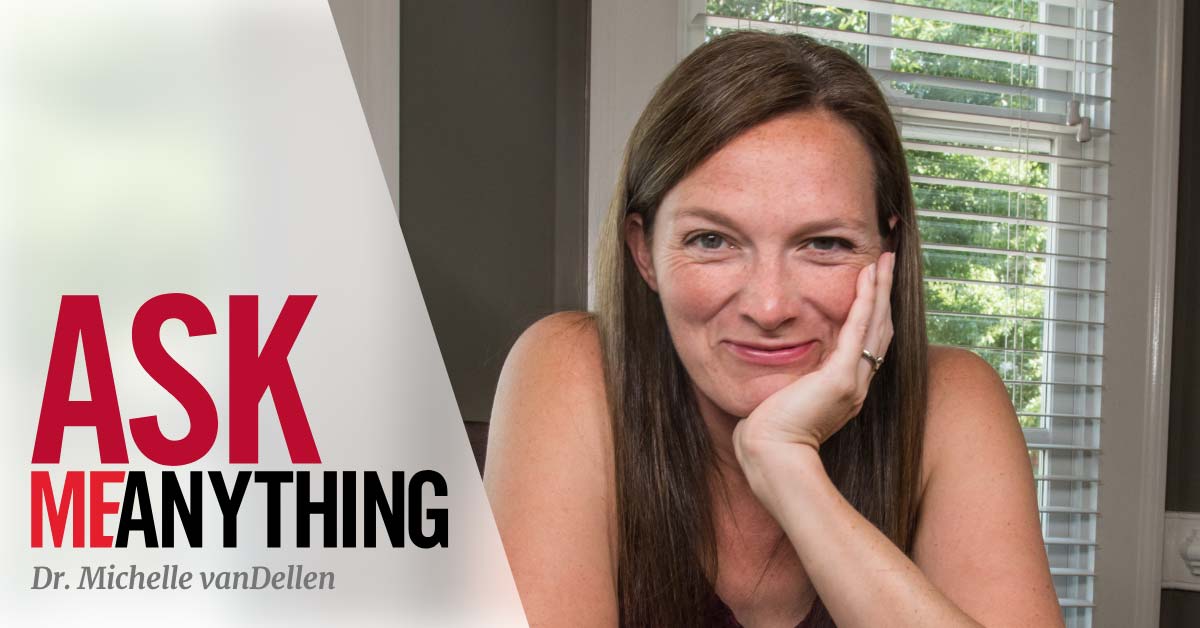
Michelle vanDellen
Associate Professor of Social Psychology in the Department of Psychology at the University of Georgia.
Tuesday, May 26
3:30 PM EST
PsyCorona: A Multinational Research Project Investigating Psychological Reactions to COVID-19.
The spread of COVID-19 is an international phenomena with far reaching implications for physical and economic health. PsyCorona is a multi-national project investigating how psychological factors relate to the spread of the virus. Working with teams of data scientists, vanDellen is connecting psychological factors to big data sets containing information about virus spread and policy implementation. Participants in the study come from 22+ countries and have been tracked weekly since mid-March. VanDellen will overview the study, describe some of the research projects in place that are using the data set, and answer questions about how psychological factors may relate to the spread of COVID-19.
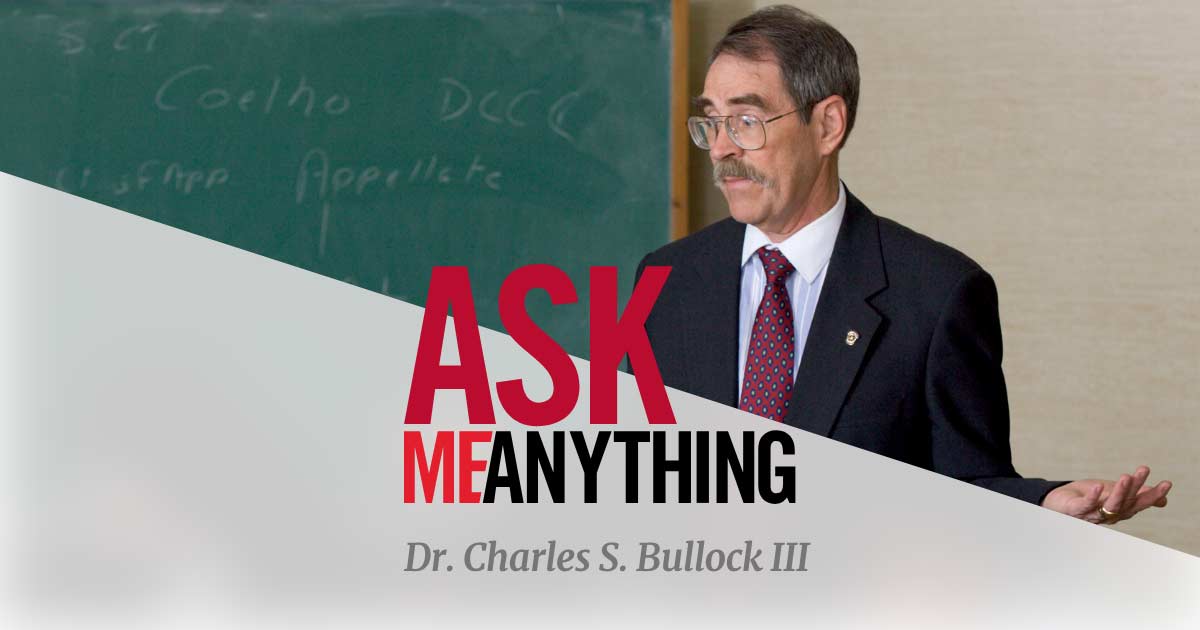
CHARLES S. BULLOCK III
University Professor, Richard B. Russell Professor of Political Science and Josiah Meigs Distinguished Teaching Professor
Thursday, May 28
3:30 PM EST
Bullock is an expert in southern politics, legislative politics and elections and electoral systems. His seminar will discuss how the global pandemic is impacting our political landscape. He is known as a reliable and dependable source to publications like The Atlanta-Journal Constitution and The New York Times.
All sessions are free of charge and are open to anyone who would like to participate. Simply register for a session and you will be sent a Zoom link on the day of the event.
Registration closes at 5:00 PM EST the day before each session takes place.
Questions? Contact alumni@uga.edu

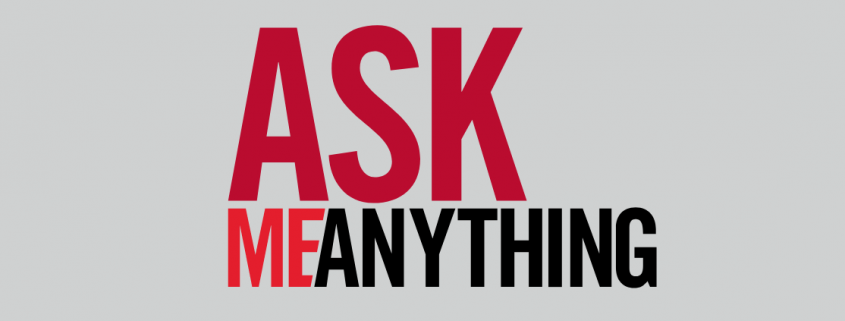


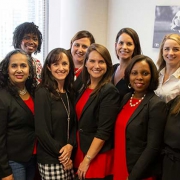
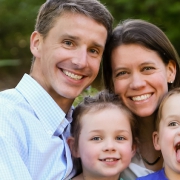
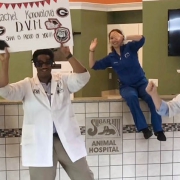 provided by Sugar Hill Animal Hospital
provided by Sugar Hill Animal Hospital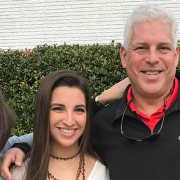


 provided by Sugar Hill Animal Hospital
provided by Sugar Hill Animal Hospital